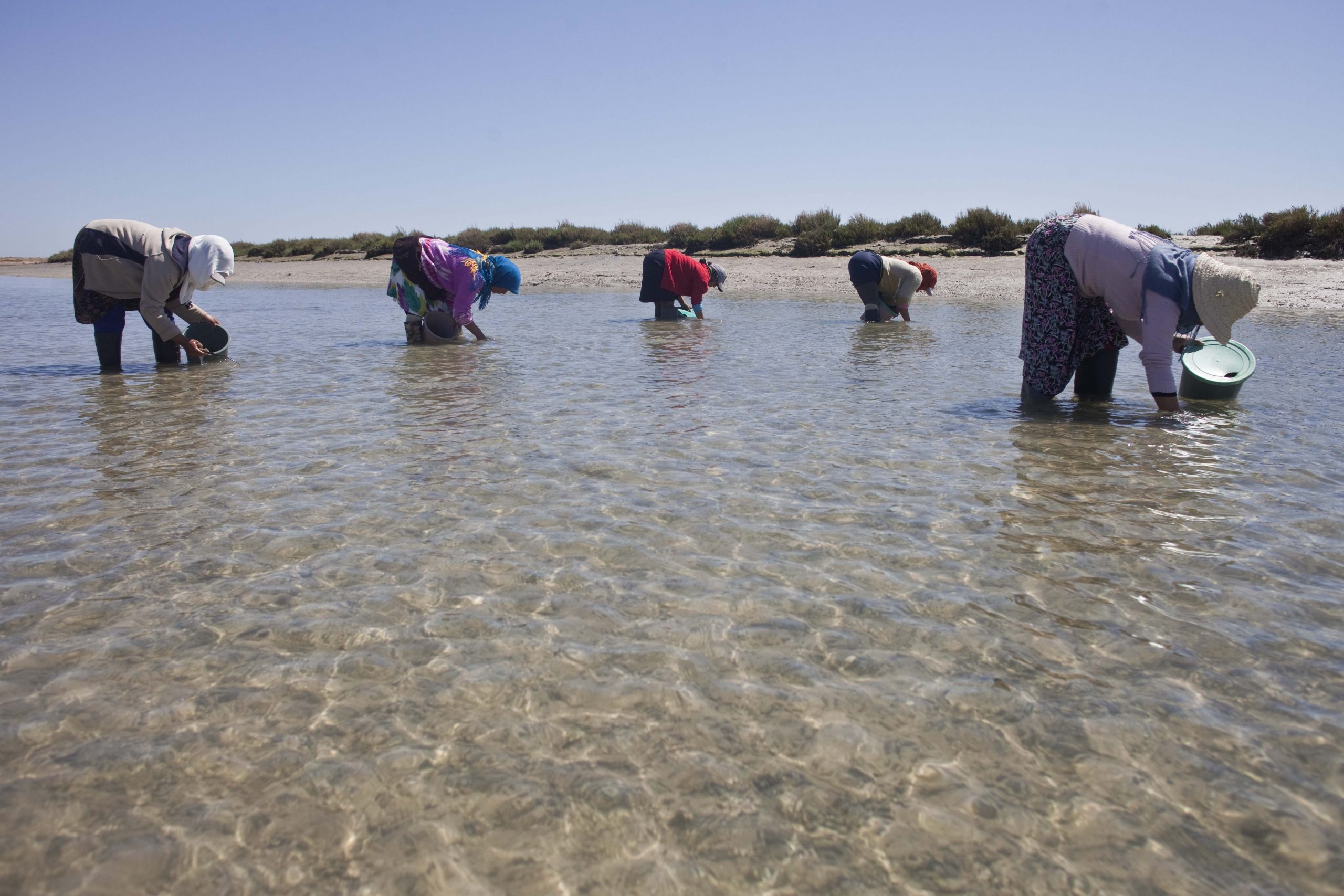
Water covers 70 percent of the Earth. Marine and freshwater environments sustain an abundance of life in its spectacular diversity. Through our history, small-scale fishing communities have interacted and depended on these living resources. A threat to aquatic environments is a danger to artisanal fishers.
Their protection and stewardship are essential to the communities and cultures they sustain. This relationship is a framework to manage conflicts and improve the quality of life and livelihood of small-scale fishers. It was recognized in the UN Convention on Biological Diversity.
Governments increasingly designate marine protected areas (MPAs) for conservation and management. This legal instrument does help but its implementation has raised serious concerns. Target-driven expansion of MPAs is fixated on quantitative goals. This has hit the rights, livelihoods and sustainable use practices of small-scale fishing communities. MPAs—created often in a non-consultative and non-participatory manner—have focused on regulating/restricting their fisheries, failing to recognize their sustainable livelihoods, culture and survival.
It is imperative that protection efforts are grounded in principles of sustainable use. That their processes are inclusive and recognizebuilding upon them. Artisanal fishers must be the frontline of marine biodiversity conservation. There is an urgent need for systematic improvements on all such matters.
A range of ICSF’s initiatives highlight the social and political dimensions of conservation. The importance of livelihoods of poor and vulnerable communities, of their participation and consultation. The co-management of resources by fishing communities, based on a human rights approach to conservation.

Participation at CBD meetings, and collaboration with fish workers organizations, local community and indigenous groups is useful in contesting target driven and top-down approaches to conservation, and the associated violations of human rights linked to these approaches. It is also useful in influencing the text of the decisions adopted to take on board indigenous and local community concerns.

Around 20,000 delegates from about 190 countries convened at Montreal, Quebec, the seat of the UN CBD Secretariat, to guide global action to protect nature through 2030 amid protests from...
This Handbook, developed by ICSF and Crocevia, describes the components of the Convention on Biological Diversity (CBD) and provides an overview of its programmes, targets and commitments on aquatic, marine...
Small-scale fisheries (SSF) operate in both marine and inland waters, accounting for over half of the total fish catch in developing countries. The bulk of this catch is destined for...
This research reflects on the progress achieved by conservation partners in South Africa on the implementation of the Convention on Biological Diversity (CBD) Programme Element. It explores the strategies and...
The workshop reviewed existing legal and institutional mechanisms for creating, implementing and reporting MCPAs in India, and discussed their impact from the perspective of environmental justice and human rights and...

This document summarizes a series of case studies done in nine countries—Brazil, India, Indonesia, Mexico, Senegal, South Africa, Spain, Tanzania and Thailand—on the role of communities in the planning and...
This study examines how Thailand’s biodiversity conservation measures affect fishing communities, especially in the marine protected areas (MPAs) on the Andaman Sea coastline. It documents the various efforts of the...
This is the report on the workshop on “Small Indigenous Freshwater Fish Species: Their Role in Poverty Alleviation, Food Security and Conservation of Biodiversity”, organized by the ICSF in collaboration...
In preparation for COP10 of CBD, ICSF compiled all articles from Samudra Report on MPAs and highlight the problems with top-down planning and implementation of MPAs, while drawing attention to...
The workshop was meant to discuss five case studies on marine and coastal protected areas in India undertaken from a fishing community perspective. The deliberations at the workshop centered around...
Subsidiary Body on Implementation Fifth meeting Cali, 16–18 October 2024: Item 2 of the provisional agenda – Review of implementation of the Kunming-Montreal Global Biodiversity Framework, including means of implementation...
Subsidiary Body on Implementation Fifth meeting Cali, 16–18 October 2024: Item 2 of the provisional agenda – Review of implementation of the Kunming-Montreal Global Biodiversity Framework, including means of implementation...
Subsidiary Body on Implementation Fifth meeting Cali, 16–18 October 2024: Item 2 of the provisional agenda – Review of implementation of the Kunming-Montreal Global Biodiversity Framework, including means of implementation...
Subsidiary Body on Implementation Fifth meeting Cali, 16–18 October 2024: Item 2 of the provisional agenda – Review of implementation of the Kunming-Montreal Global Biodiversity Framework, including means of implementation...
Subsidiary Body on Implementation Fifth meeting Cali, 16–18 October 2024: Item 2 of the provisional agenda – Review of implementation of the Kunming-Montreal Global Biodiversity Framework, including means of implementation...
Statement by Global Youth Biodiversity Network (GYBN) at United Nations Biodiversity Conference COP 16 / CP-MOP 11 / NP-MOP 5, Cali, Colombia, 21 October – 1 November 2024 Statement is available...
Statement by Office of the United Nations High Commissioner for Human Rights (OHCHR) at United Nations Biodiversity Conference COP 16 / CP-MOP 11 / NP-MOP 5, Cali, Colombia, 21 October –...
Statement by Food and Agriculture Organization of the United Nations (FAO) at United Nations Biodiversity Conference COP 16 / CP-MOP 11 / NP-MOP 5, Cali, Colombia, 21 October – 1 November...
Statement by United Nations Entity for Gender Equality and the Empowerment of Women (UN Women) at United Nations Biodiversity Conference COP 16 / CP-MOP 11 / NP-MOP 5, Cali, Colombia,...
Statement by International Indigenous Forum on Biodiversity (IIFB), 2024 at United Nations Biodiversity Conference COP 16 / CP-MOP 11 / NP-MOP 5, Cali, Colombia, 21 October – 1 November 2024...